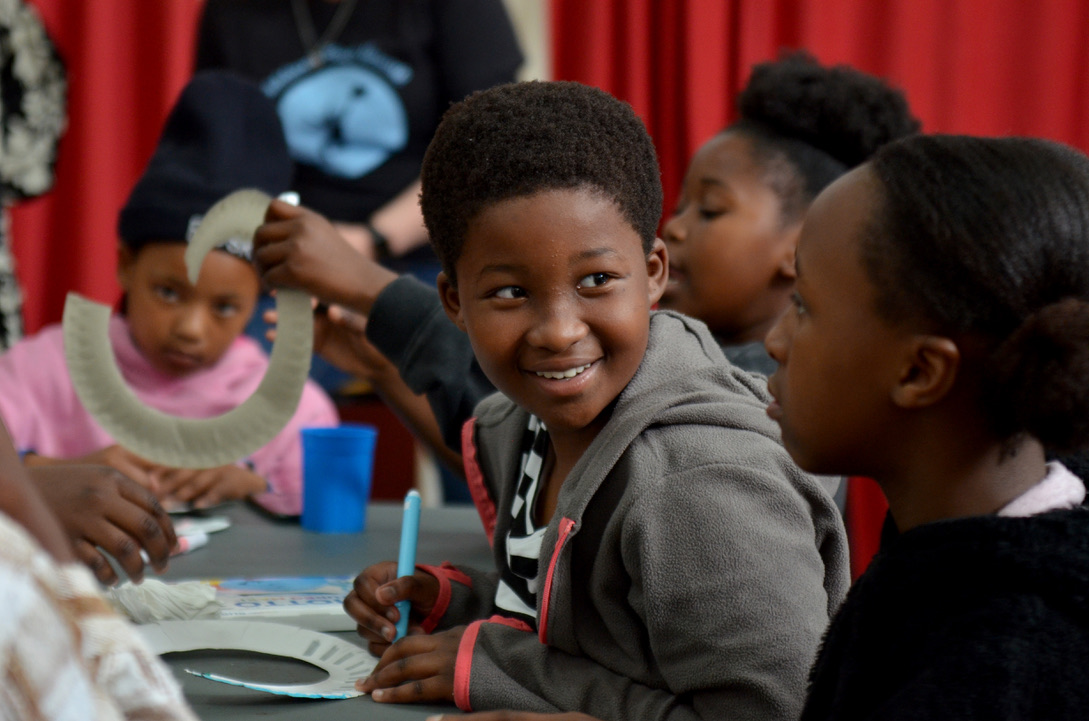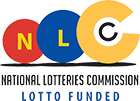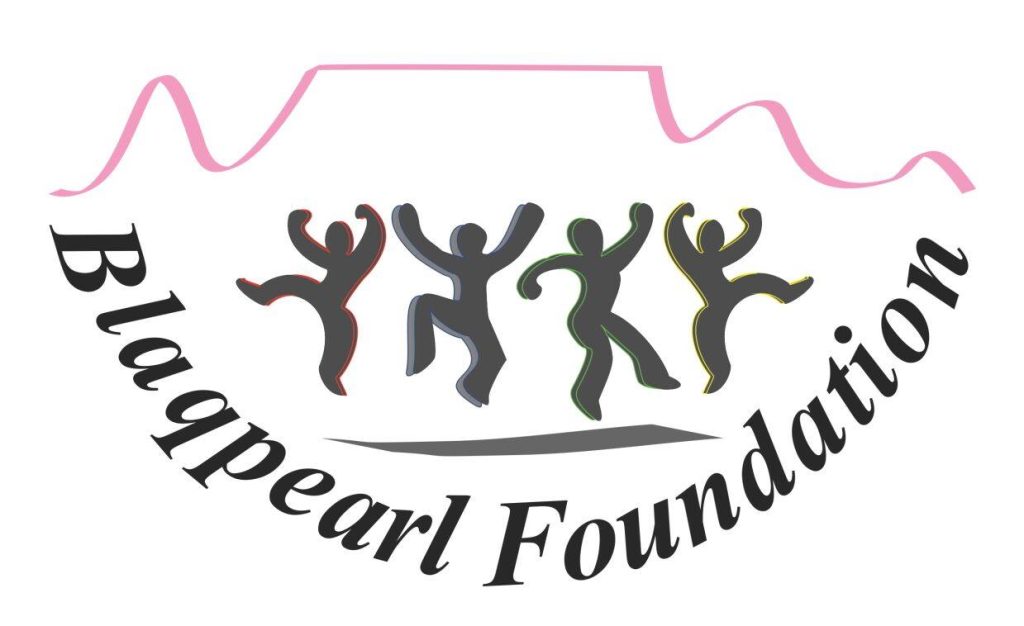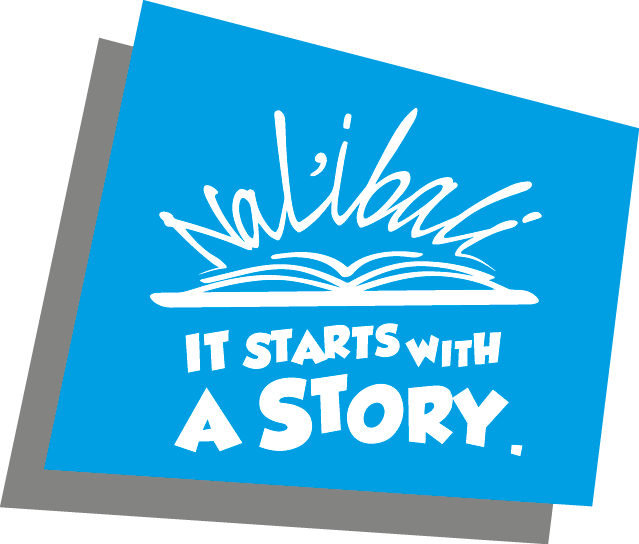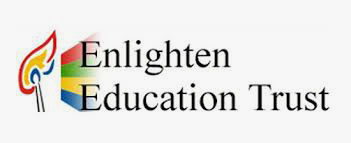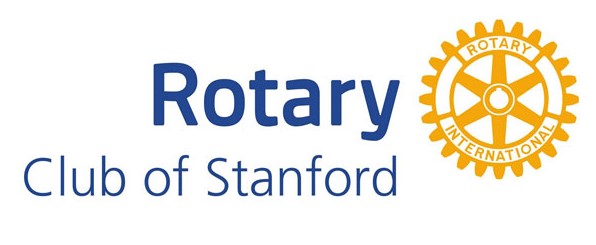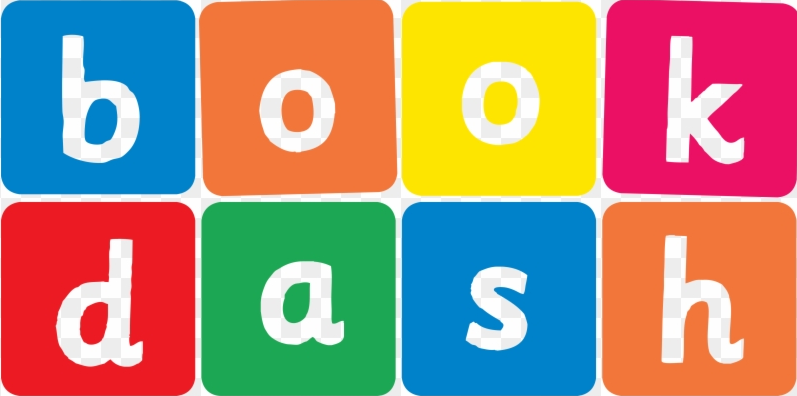We work with children in under-resourced communities where there is often little or no exposure to books outside a classroom context and for tests and exams. These young people are at a critical age for reading. Mostly, they have learned the basics of reading, the ABC of it.
BUT
In the first three years of school, children learn to read (quite rightly) in their home language and with a differently named alphabet. At the age of ten (Grade Four) they suddenly must cope with being taught some subjects in English (and the proportion increases each year after that) without much, or any, specific reading training. This is the gap that CBN tries to help bridge.
We work with communities, libraries and schools out of school time, and we are constantly over-subscribed by children who are desperate to read. The programme is voluntary and involves a permission form signed by a parent or carer.
We work in English as we sometimes have four, or even more, language groups represented in a group. Additionally, English is the language the children choose, and the parents endorse. For practical purposes, English is the language they will learn in for the rest of their education. (South Africa has twelve official languages, but the task of producing enough material in each of them is difficult, even for those critical first three years.) It is also important to acknowledge the part that television and particularly series and soap operas play in understanding English. Many children have a better command of English than they are given credit for, but do not speak or read it well (or at all).
We have yet to find another group or NPO (Not for Profit) organization working with the difficulties of reading for this specific age group (roughly 10 to 15). Most efforts are focused on basic literacy or on the difficult teenage years.

